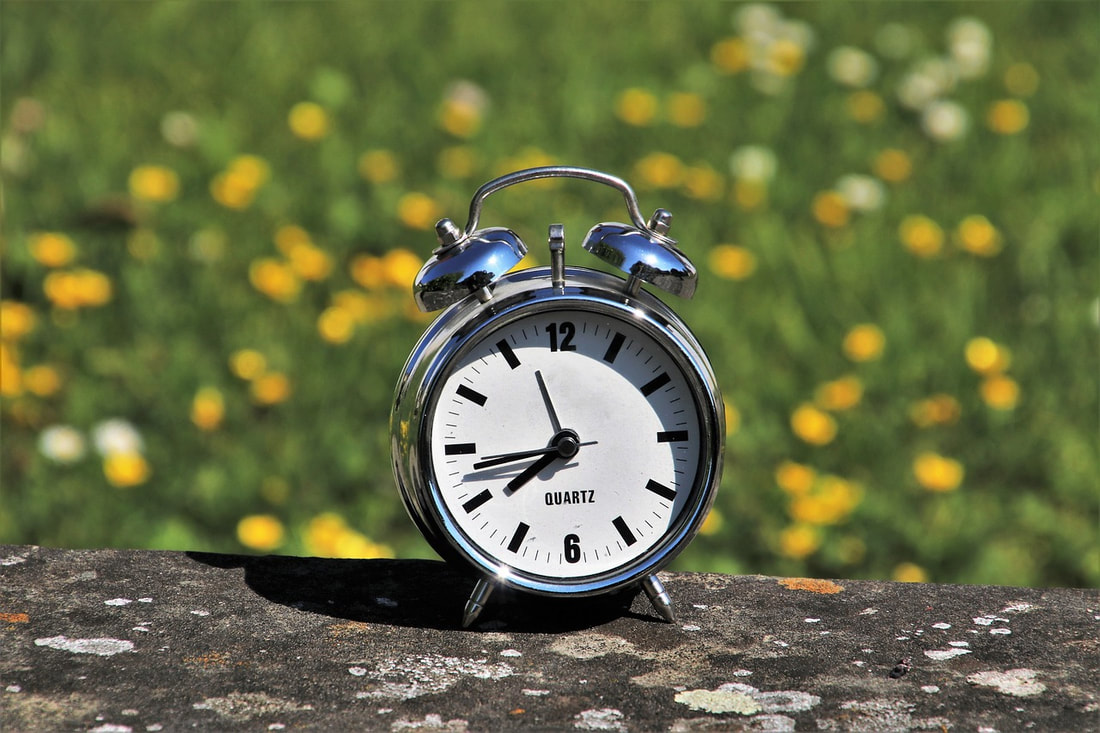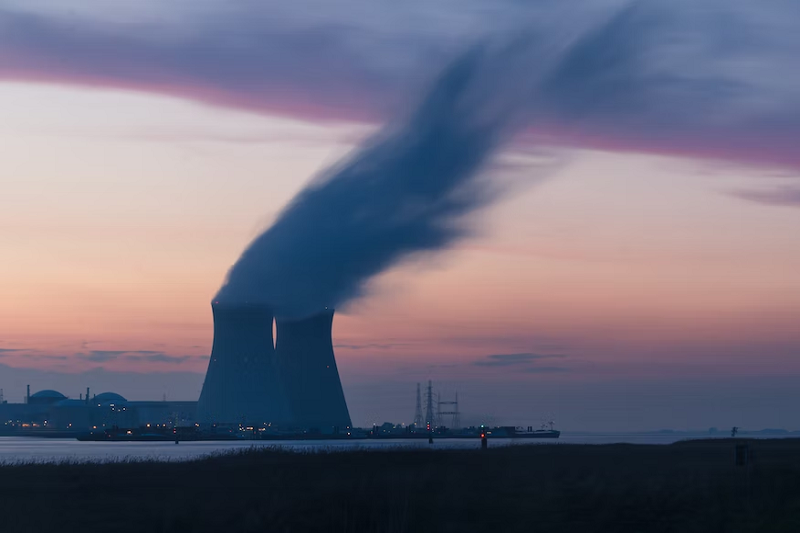|
It can be hard to figure out why we are feeling unwell at times; is it the stress of overworking, financial stress, or the lack of time we have for self-care? Eco-anxiety can affect us in the same way as Cold War fear in the twentieth century; it is a cultural fear that is realistic and valid. Feeling worried about the planet's future Anticipatory anxiety is very common; it's the feeling of worry and stress we experience about a future event, such as a job interview, an encounter with a difficult person, or the outcome of a situation. In some cases, the anxiety motivates us to act; other times, we feel powerless with it. Eco-anxiety is an extreme form of anticipatory anxiety; it is a future-based fear that exists in the present moment. While concern about the future based on rational analysis is helpful, eco-anxiety is likely to reduce life quality. The best response is present-moment awareness. Feeling as though you are not doing enough The human brain has a strong negative bias which can be helpful to some degree, but the negative visualisation must lead to positive outcomes. If you feel as though you are not doing enough for the planet or your carbon footprint is too high, it's time to focus on the positives. Reflecting on what you are doing helps to bring the brain into balance and grows positivity. Feeling worried about your past choices One day you are scrolling through your social media newsfeed, and you notice a post about plastic pollution and its devastating environmental impact; as you read it, you feel an overpowering sense of guilt and regret about the single-use plastic you have recently used. While regret can lead to rumination and more anxiety, it can also be a helpful way for us to change our habits and adapt our lifestyles. Sometimes, regret is the psyche's way of stimulating positive change, so if you feel continually regretful about plastic use, it might be time to switch. Ruminating on internet newsfeeds A brain is a problem-solving machine, among other things, and while this is good news for solving the daily Wordle puzzles, it can be unhelpful in the face of climate catastrophe. When the mind is stuck in problem-solving mode, you might start looking for answers obsessively. If you find that you are scrolling your social media newsfeeds for the latest information on the climate crisis and it is affecting your quality of life, it is a warning sign of eco-anxiety. Notice that you are becoming stuck in a pattern and set some limits on your daily consumption of eco news. Feeling paralysed by existential dread Eco-anxiety can be compared to Cold War anxiety in previous generations; it’s a real fear about the future of life on the planet, coupled with a feeling of powerlessness in the face of it. Again, the feeling of paralysis is a warning sign of eco-anxiety, and the best response is to notice the underlying fear and respond with emotional resilience, perhaps by contributing to a collective. How to respond to eco-anxiety symptoms
Now you have some warning signs to look out for; you need to know what action you can take to alleviate the symptoms. Anxiety is uncomfortable, but it is very common. The good news is that many forms of anxiety can be treated in a variety of ways that don't require any medication. Discover your personal power to take action Eco-anxiety is an arresting experience that can make us feel powerless in the face of the challenge presented to us; there is little we can do about the wheels of industry or the decisions made by politicians, and this only serves to fuel the sense of paralysis that is gripping us. In reality, we have mountains of personal power to discover and express in the world, and even small things can make a huge difference. Find your core values and live them more truthfully, calculate your carbon shadow and make lifestyle changes; you are not the only one doing this. Learn to build up your emotional resilience Emotional resilience is someone's ability to handle stressful situations with integrity, so while feelings of anxiety can arise due to the climate crisis, they don’t have to derail everyday life. There is a difference between pain and suffering - see parable of the arrow. This shows there might be little we can do about our pain for the planet, but we have agency over suffering. Find a climate community and connect with them There are many ways to find solidarity in the world; one of them is to live our values and thereby connect with others in the world with the same ethics; this is like linking up with a community of engaged people. Another way is to find some people who are dealing with eco-anxiety to connect with. If you are feeling eco-anxious, you are not alone; there are people all around you with the same concerns, so why not join a local group online through The Surefoot Effect, a local allotment project, or trash collecting? Connecting with like-minded people can improve your wellbeing. Open up the topic of realistic climate concerns Fear is a feeling, but it can become a distressing emotional state when it goes unexpressed. Climate anxiety is like this; it develops internally and festers because it does not have an outlet for expression. Talking about climate fears to a friend, therapist, or working on projects with local community members gives expression to the fear and validates the concerns you have when you feel you are listened to. Practice mindfulness and nature appreciation Mindfulness can alleviate the suffering caused by climate concerns; it can also help us to create emotional resilience and strength to address the challenges in our personal lives and in the wider world. Mindfulness is very easy to learn and practice; start by noticing the body breathing. Nature appreciation is also helpful. Whether you travel to a local country park for some forest bathing or simply appreciate the music of bird song in the garden, you are reminding yourself of the joys and pleasures to be found in nature and in being alive. It is this we are trying to protect. Main Image Credit Jigsaw Image Credit Eco anxiety is starting to affect business productivity and consumer habits meaning that companies that don’t address the rising issues will be less productive and less competitive moving into the second half of the 21st century. If you’re unconvinced, read on; this article covers 5 ways eco anxiety is affecting businesses across the board, and what can be done.
Motivation Issues Some businesses are more aware of climate change than others due to consumer demands or internal climate change remits, but the clock is ticking and it is only a matter of time before businesses everywhere notice the increasing pressure to take action and protect their futures. Eco anxiety is not as well understood as social anxiety or general anxiety, but it is just as important and can affect the productivity of the business. Eco anxiety increases with awareness and affects the motivation of employees, so it is something to look out for in your workforce. Productivity Issues In recent years there has been a shift towards more compassionate workplaces as businesses recognise the productivity gains that can be made from looking after employees in the right ways. In the past, the issues were pain from long periods of sitting, but now it is mental health. Looking after employees mental health is not only the right thing to do, it is also the best way to ensure your business stays productive and profitable. As the issues around climate change become more prescient, business owners can expect lower productivity due to eco-anxiety. Meaningful Work Young people aware of the climate crises and worried about the future are changing their lifestyles, habits, and expectations in line with current beliefs and attitudes. In some cases, people will even avoid starting families because of a bleak world view and lack of life meaning. Such extreme world views are becoming more common in a workforce that should be motivated to find solutions to the present-day climate challenges. When businesses make efforts to support climate initiatives, it makes workplaces more meaningful and reduces climate anxiety. Consumer Habits Eco anxiety can affect a business internally, but it can also affect it externally. As the effects of climate change become more visible in the natural world and the conversations become more frequent and prescient, consumers are thinking seriously about the effects of their buying habits. Again, this is a result of eco anxiety. It might seem as though there is little a business can do to alleviate the effects of eco anxiety in their customer base, but that is also incorrect. In fact, internal changes to the structure of the business and supply chains affect consumer mindsets. Future Resilience Businesses that don’t take action on climate change today could be setting themselves up for a difficult time in the near future. Net Zero efforts are to be stepped up in the next few years making non-compliant businesses less competitive; not only that, consumer mindsets are changing with more support for businesses that address eco anxiety internally and externally. Image Credit As well as businesses and private properties, churches, community centres and schools need to be part of the climate change solution and journey towards a Net Zero world. The UK has 300,000 public buildings that contribute 3% of carbon emissions to the atmosphere, but reducing this can be a challenge because of the way traditional buildings have been designed.
Community Spaces Community spaces include community centres, libraries, parks, community gardens, and more. While there is no need to worry about thermal comfort in a community garden - at least not the kind that requires carbon emissions - it is a concern for indoor community spaces of all kinds. Public sector bodies as well as businesses need to quickly embrace Net Zero targets since 3% of the UK's carbon emissions come from its 300,000 properties. But balancing thermal comfort with Net Zero can be tricky as old buildings are not energy efficient, nor is their general usage. Thermal Comfort Of course, community spaces are crucial to the wellbeing of society, they create a place where local people can connect, communicate, plan, and resource themselves for the present and the future; but often, these spaces have inefficient energy usage for their infrequent gatherings. It’s important that community members are comfortable during meetings and gatherings so the buildings need to sustain their heat and lights for longer than is strictly necessary; so focusing on decarbonising community spaces is a key feature of Net Zero efforts in the UK and beyond. Net Zero Efforts In order to reach Net Zero by 2050, global carbon emissions and greenhouse gases need to be reduced by 45%. If the greenhouse gas emissions can be reduced by 45% in this time frame global temperatures will remain at 1.5℃ above pre-industrial levels societies in the late 1800s. Achieving this goal will help the planet and its citizens to avoid the worst effects of climate change, but it won’t be easy. In order to reduce emissions by this substantial margin, the world of commerce, public bodies, and individual people need to unite and support Net Zero efforts. Energy Efficiency One of the fundamentals of Net Zero efforts is energy efficiency. Every time someone switches on the heating in a home, office, or public building they are using energy in the form of heat or electricity that requires carbon to produce. It’s important that we use this energy economically. Community spaces are an indispensable part of local societies, but they also need to contribute to Net Zero efforts and the drive towards the UN’s 2050 target. The good news is, there are several ways that community spaces can do more to reduce emissions and save on energy. Partnership Projects Traditional buildings like churches, community centres, and schools can be hard to move to Net Zero because of their designs; that said, partnering with The Surefoot Effect and HeatHack is a practical way forward. The Surefoot Effect and HeatHack are offering a program to community operators to help them create energy efficiency practices and thermal comfort in their buildings. Image Credit |
�
AboutHere’s a collection of some of our articles which have been in our newsletters or published elsewhere.
Archives
May 2024
|
Sign up TO SUREFOOT NEWS >>The Surefoot Effect equips people, communities and organisations with skills for sustainability and resilience.
|




 RSS Feed
RSS Feed




